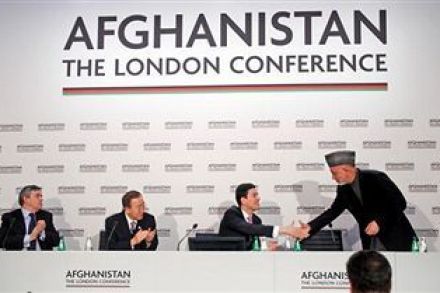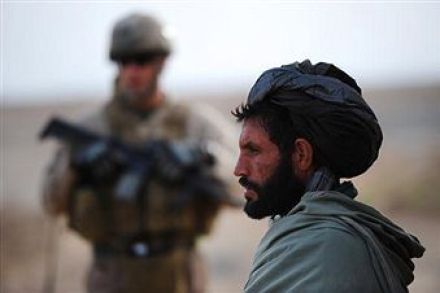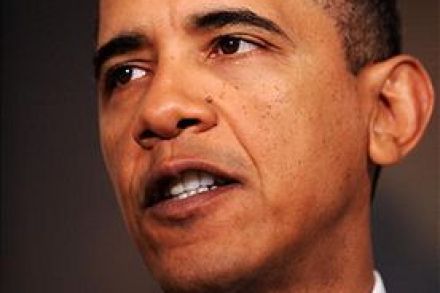The Iraq War may or may not have been a crime – but was it in the national interest?
If you read the press after Clare Short’s testimony to the Iraq inquiry you would be forgiven for believing that there are only two ways to judge the Iraq War – whether it was legal or not, and whether Tony Blair lied. But while these are important issues, they get in the way of another key question: was it in Britain’s interests? There are many problems with looking simply on the issue of legality. First of all, international law is not domestic law. It is a framework without an overarching “sovereign”, so “enforcement” of international law is different than in the domestic context. International law is also based, at least




















